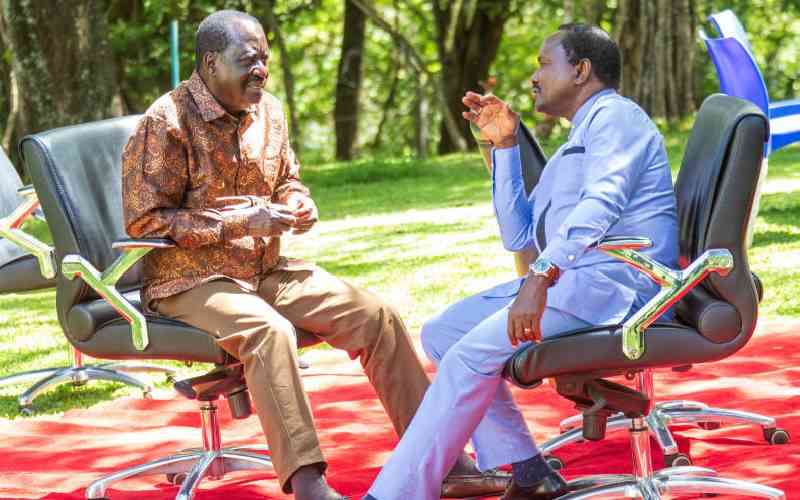
The exit of Raila Odinga from Kenyan politics may come through the proposed AU Chairmanship seat. That is the prayer of the Kenya Kwanza government. Dump him in Addis Ababa far away from national political happenings where he is often the thorn in the flesh. After all, the government has swung into full 2027 political campaigns aware that its performance to date is not exactly convincing to the electorate.
Partly, this strategy to 'offload' Raila to the AU and start early campaigns is to shift the mindset of Kenyans to the big election stage in 2027 so that they do not have to focus on the current high cost of living. As Machiavelli says, a prince is to make sure, the ruled do not focus on painful experiences for long. The prince must draw their attention elsewhere. The other part of generating interest in the 2027 elections is to bury the disturbing memories of the Bomas chaos of the 2022 presidential election in tallying and announcing the results.